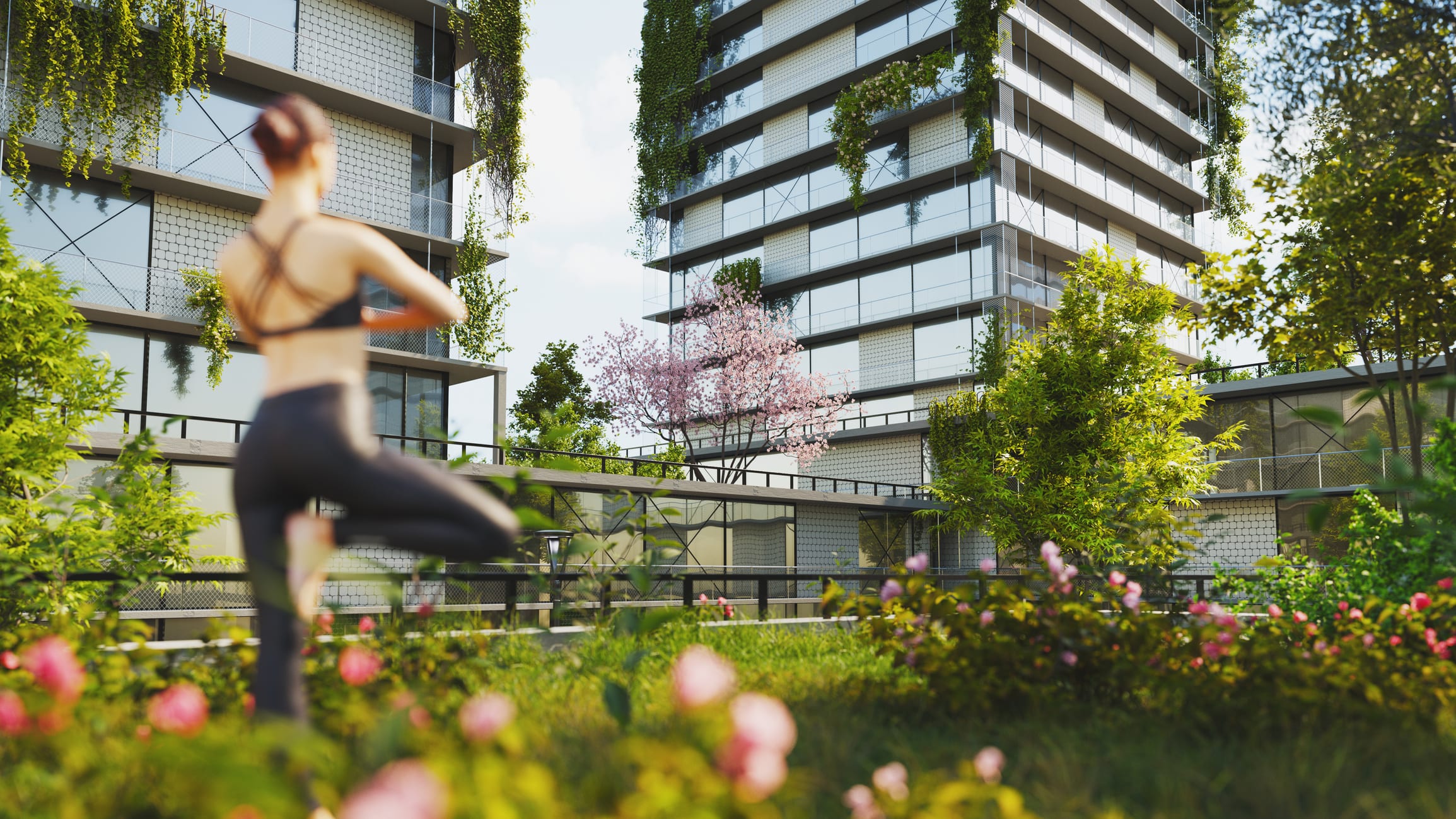The Future of Living

Chapter 1: The Evolution of Living
To fully understand the concept of living in a hotel, it's essential to examine the evolution of living. How have people's needs and expectations changed over time?
1.1 The Traditional Rental Apartment
In the past, the traditional rental apartment dominated the culture of living. People entered into long-term lease agreements and committed to living in a specific apartment for years. This model offered stability but limited flexibility.
1.2 The Sharing Economy
With the rise of the sharing economy and platforms like Airbnb, the way people lived on a temporary basis changed. Short-term rentals and vacation homes allowed travelers and businesspeople to find more flexible accommodations. This move toward flexibility was a significant step in the evolution of living.
1.3 The Rise of "Living in a Hotel"
"Living in a hotel" represents the latest phase in this evolution. Here, people go beyond just booking hotel rooms and use fully furnished apartments in hotel facilities as their living spaces. This approach combines the best of both worlds: the service and comfort of a hotel with the convenience and privacy of an apartment.
Chapter 2: Why Choose to Live in a Hotel?
Why do people opt to live in a hotel? Several compelling reasons make this choice attractive.
2.1 Flexibility
Flexibility is one of the most significant reasons. In the age of New Work and rapidly changing life circumstances, people cannot always commit to long-term leases. Living in a hotel allows them to adapt their stay period as needed. Whether for days, weeks, or months, flexibility is unbeatable.
2.2 Convenience
Another crucial factor is convenience. These living models provide fully furnished apartments with all the amenities one would expect from a premium hotel. Think daily cleaning services, high-quality bedding and towels, concierge service, and more. All these conveniences make life easier and reduce the effort that would be required for managing an apartment on your own.
2.3 Premium Service
Hotels are renowned for their service. By living in a hotel, residents gain access to this premium service. Whether it's organizing activities, booking tickets, or resolving issues, hotel staff are always available to residents.
2.4 Community and Social Interaction
Many hotel living models have communal areas where residents can interact with each other. This fosters social bonds and creates a sense of community, especially beneficial for people moving to a new city and not knowing anyone.
Chapter 3: Sustainability and Resource Conservation
Sustainability is another crucial aspect of living in a hotel. How does this model contribute to environmental conservation and reducing housing shortages?
3.1 Utilizing Existing Resources
Instead of constructing new residential buildings, living in a hotel utilizes existing hotel facilities. This minimizes the need for additional building land and reduces the ecological footprint. This approach creates more living space without burdening the environment.
3.2 Energy Efficiency and Environmental Friendliness
Many hotel living models focus on energy efficiency and environmental friendliness. From smart lighting systems to the use of renewable energy sources, these concepts contribute to reducing energy consumption and environmental conservation.
3.3 Sustainable Communities
Living in a hotel promotes the creation of sustainable communities. People living in these facilities often have access to recycling programs and other environmentally friendly initiatives. This helps raise awareness of environmental issues and drive positive changes.
Chapter 4: The Future of Living in a Hotel
Living in a hotel is undoubtedly on the rise, but what does its future hold? In this chapter, we explore future trends and developments.
4.1 Greater Flexibility
In the future, options for living in a hotel will become even more flexible. New models may allow residents to adapt their living spaces to various needs, whether by adding or removing rooms or features.
4.2 Integration of Technology
The integration of technology will play an even more significant role in these living models. Smart apartments with advanced control systems, security technologies, and sustainable solutions will become the norm.
4.3 Global Expansion
The concept of living in a hotel will extend beyond borders. People will have the opportunity to use similar living models in different countries and cities, which is especially appealing to business travelers and digital nomads.
4.4 Enhanced Sustainability
Sustainability will continue to play a key role. Living models in a hotel will focus even more on environmental friendliness and resource conservation, developing innovative solutions for these challenges.
Chapter 5: Conclusion
In this comprehensive exploration of the future living concept, "living in a hotel," we have highlighted the reasons for its attractiveness, the benefits it offers, the importance of sustainability, and promising trends for the future. The flexibility and service it provides make it an exciting option for people seeking a modern, sustainable, and flexible living solution. As the world continues to undergo changes and our lifestyles adapt, living in a hotel will undoubtedly play a significant role in the future of living culture. Its ability to meet the needs of people in a rapidly changing world will make it a relevant and desirable option. It will be exciting to observe how this innovative concept continues to grow and thrive in the coming years.